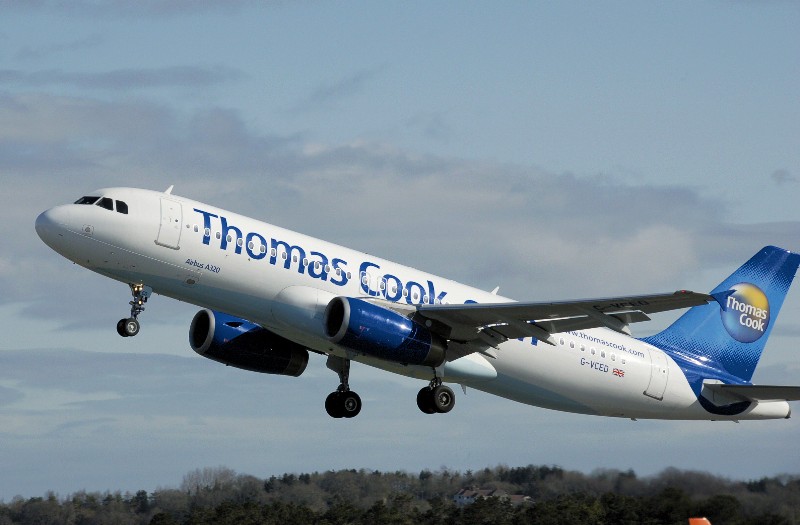Insurance
Thomas Cook on the brink of collapse

The 178-year-old travel company is racing against time to secure an additional £200m to save it from going into administration.
Holiday company Thomas Cook needs to find £200m to plug a financial hole to stop it from going bust in the next few days.
The firm’s lenders, including Royal Bank of Scotland, have demanded the new standby funding on top of the £900m already raised in a proposed deal headed by its leading shareholder Fosun Tourism Group.
A statement on the Thomas Cook website said: “Discussions to agree final terms on the recapitalisation and reorganisation of the company are continuing between the company and a range of stakeholders, including its largest shareholder, Fosun Tourism Group and its affiliates (“Fosun”), the company’s core lending banks and a majority of the company’s 2022 and 2023 senior noteholders.
“These discussions include a recent request for a seasonal standby facility of £200 million, on top of the previously announced £900 million injection of new capital.”
The announcement comes just weeks after Thomas Cook announced it had struck a deal with Fosun to take a controlling stake in the firm. The announcement saw holidaymakers with upcoming trips breathe a sigh of relief – but their holidays are now hanging in the balance.
Could holidaymakers be stranded abroad?
As estimated 180,000 Brits are currently abroad on Thomas Cook holidays.
Package holidays are ATOL-protected which means those already overseas will be able to continue with their holiday, assuming Thomas Cook has paid their accommodation, and an alternative flight home will be organised by the Civil Aviation Authority (CAA).
If the CAA was forced to step in to repatriate Brits home, it would involve hiring aircraft costing millions of pounds – and the taxpayer would foot the bill. When Monarch went bust in October 2017, the Government spent £60m getting passengers home.
However, flight-only bookings with Thomas Cook don’t benefit from ATOL-protection and these customers could be forced to make their own arrangements.
Travel insurance covering “end supplier failure” should cover extra expenses – but you’ll need to check your policy. Alternatively, if you booked by credit card and the flights cost more than £100, you’ll be covered by section 75 of the Consumer Credit Act.
If Thomas Cook goes bust, upcoming trips would be cancelled while the company’s 22,000 staff around the world, including 9,000 in the UK, could lose their jobs.
The impact on shareholders
The Thomas Cook share price has plunged 92 per cent in the past year due to the group’s financial problems – and the worst could still be to come.
Thomas Cook has warned that “the recapitalisation is expected to result in existing shareholders’ interests being significantly diluted, with significant risk of no recovery.”
Graham Spooner, investment research analyst at The Share Centre, said: “With the share price at 3.7 pence investors are gambolling on a bail out and there has been active two way trading in the group, at least know the down-side. Perhaps more consideration should be with those holidaymakers who have their bucket and spade packed or are already abroad and who now will fear the worse. The next few days could see the demise of a famous name and innovator in bringing travel to the masses.”